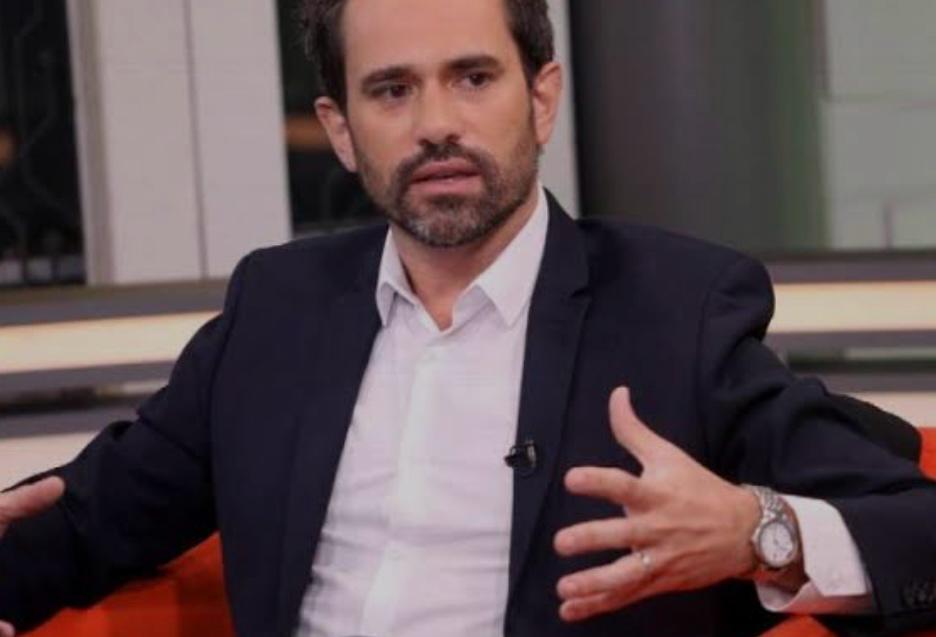• The Regional Director of Crime Stoppers: “Urgent action is needed to eliminate the illicit trade in tobacco products”
• Tightening laws and banning products create parallel markets and legitimate channels for trading alternative tobacco products is a must
The illicit cigarette trafficking problem has intensified globally, according to a new study by Nielsen. The study reveals a staggering 92.1% increase in Panama compared to 87.9% in Q3 2021 and 79.9% in Q4 2021. Panama serves as a representative example of the global trend.
Alejo Campos, Regional Director of Crime Stoppers in the Caribbean, Bermuda and Latin America, said that cross-border cigarette smuggling has negative economic, health, and security impacts. He emphasized the need for urgent action to eliminate the illicit tobacco trade. Campos added that despite Panama’s efforts to tighten tobacco control laws and regulations, the country is experiencing an increase in tobacco consumption due to cigarette smuggling.
Campos added that e-cigarettes in Panama are sold in gyms, on social media, and through other channels. This contributes to the increase in illicit tobacco trade activities, not only in Panama but across the continent. He also pointed out that tightening laws in the formal market often creates parallel illegal markets.
On the economic front, Campos said that Panama loses more than $100 million annually in tax revenue due to these illicit businesses, and from a security perspective, illicit trade involves money laundering and corruption, stressing that these operations come within the framework of “transnational criminal convergence”, which is linked to terrorist organizations that use cigarette smuggling as a means of obtaining money in a low-risk way, to finance their operations and terrorist activities.
He explained that reducing the number of smokers requires the development of comprehensive public policies to combat tobacco, which go beyond simply increasing taxes on tobacco manufacturers and distributors, adding that in the absence of such comprehensive policies, it will be easier to obtain smuggled cigarettes and increase the volume of consumption in the illicit market.
Campos pointed out the impact of the spread of smuggled cigarettes on health, stating that studies that analyzed these types of products have shown that 75% of them contain pieces of wood, and most of them do not comply with quality or control standards during the manufacturing and distribution process. He pointed out that the distribution chains of smuggled cigarettes rely on secret networks outside the official frameworks, to be traded hidden inside vehicles transporting other products, or buried inside damp warehouses, which increases their exposure to pollution, causing various diseases.
According to a 2020 report by the United Nations Conference on Trade and Development (UNCTAD), the global economy loses up to $2.2 trillion annually due to illicit trade, which is equivalent to about 3% of the global economy. The report noted that if illicit trade was a country, its economy would be larger than that of Brazil, Italy, or Canada, and the size of the economies of Mexico and Indonesia combined. The report also found that illicit trade in tobacco accounts for 10% to 12% of global tobacco consumption, and is estimated to be worth up to 600 billion illegal cigarettes.
The Regional Director of Crime Stoppers in the Caribbean, Bermuda and Latin America called for the need to join forces to combat the spread of the illicit trade in tobacco products, by tightening the pursuit of criminals and confiscating their assets, and increasing the penalties and fines imposed on them, which enables the creation of legal channels for the distribution of low-risk tobacco products, such as e-cigarettes and others.



